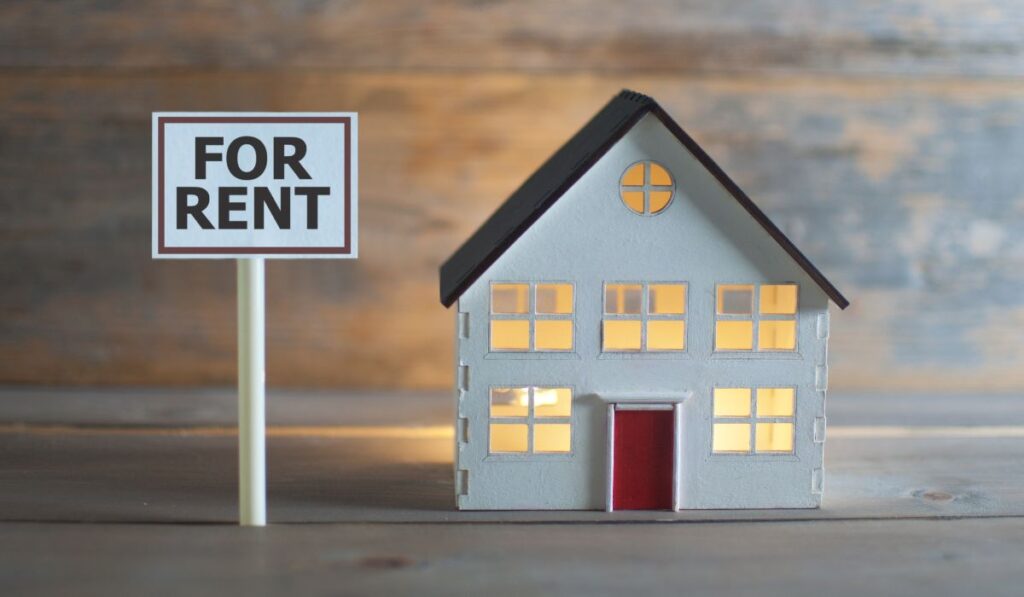
Investing in rental properties has long been considered a reliable path to building wealth in the United States. From steady monthly cash flow to long-term property appreciation, owning rental real estate offers many potential benefits. However, it’s not without its risks and responsibilities. Like any investment, it requires knowledge, planning, and a clear understanding of the pros and cons.
Whether you’re thinking about buying your first rental home or expanding your real estate portfolio, here’s what you need to know before diving in.
Pros of Buying Rental Properties
1. Consistent Cash Flow
One of the most appealing aspects of rental properties is the ability to generate monthly income. If your rental property is properly priced and located in a high-demand area, the rent you collect can exceed your monthly mortgage and expenses, providing positive cash flow.
Why it matters:
This income can help cover your own living expenses, reinvest in more properties, or build a financial cushion.
2. Long-Term Appreciation
Historically, real estate values in the U.S. tend to rise over time. While markets can fluctuate, owning property in growing cities or desirable neighborhoods can lead to substantial gains in property value over the years.
Why it matters:
You benefit from both monthly rental income and the potential for profit when you sell the property in the future.
3. Tax Advantages
Rental property owners can take advantage of numerous tax deductions, including:
- Mortgage interest
- Property taxes
- Repairs and maintenance
- Depreciation
- Insurance
- Management fees
Why it matters:
These deductions can significantly reduce your taxable rental income, improving your investment’s bottom line.
4. Control Over Your Investment
Unlike stocks or mutual funds, rental real estate gives you full control. You decide where to buy, how to manage the property, how much rent to charge, and what upgrades to make.
Why it matters:
Your decisions directly impact performance, giving proactive investors more room to increase profits.
5. Inflation Protection
Rental income typically increases with inflation, especially in high-demand areas. Meanwhile, your mortgage payment may remain fixed if you use a 30-year fixed-rate loan.
Why it matters:
Real estate can act as a hedge against inflation, preserving your purchasing power over time.
Cons of Buying Rental Properties
1. High Upfront Costs
Buying a rental property requires a significant initial investment. You’ll need a down payment (typically 15–25% for investment properties), closing costs, potential renovations, and funds for emergencies.
Why it matters:
Unlike investing in stocks, you can’t enter the market with just a few hundred dollars. Real estate is capital intensive.
2. Ongoing Maintenance and Repairs
Even newer or well-maintained properties require regular upkeep. From broken appliances to roof leaks and plumbing issues, being a landlord comes with physical and financial responsibilities.
Why it matters:
Unexpected repairs can eat into profits, especially if you don’t have a solid emergency fund.
3. Tenant Challenges
Not all tenants pay on time, take care of the property, or follow lease rules. Evictions, property damage, and vacancies can cause stress and financial strain.
Why it matters:
You need to screen tenants carefully and have strong lease agreements to reduce risk.
4. Market Risks and Vacancy
If the local economy declines or the neighborhood becomes less desirable, you may experience long periods without tenants or be forced to lower rent.
Why it matters:
Vacancy means no income, but your expenses (like mortgage and property taxes) continue.

5. Illiquidity
Unlike stocks or bonds, selling a property takes time. It may take weeks or months to find a buyer, especially in a slow market.
Why it matters:
If you need cash quickly, real estate may not provide the liquidity you’re looking for.
6. Legal and Regulatory Compliance
Landlords must follow federal, state, and local housing laws, including:
- Fair housing regulations
- Eviction procedures
- Habitability standards
- Rent control (in certain jurisdictions)
Why it matters:
Non-compliance can lead to lawsuits, fines, or forced repairs.
Is Buying Rental Property Right for You?
Real estate investing isn’t for everyone. Consider these questions before making a move:
- Do you have the upfront capital to cover a down payment and initial expenses?
- Can you handle the responsibilities (or afford a property manager)?
- Are you financially stable enough to cover mortgage payments during vacancies?
- Are you willing to invest time into learning about the market and landlord responsibilities?
If the answer is yes, and you’re in it for the long haul, rental properties can be a powerful way to build wealth and generate passive income.
Tips for First-Time Rental Property Investors
- Start small: Consider a single-family home or duplex before jumping into large multifamily units.
- Research the local market: Look for job growth, population trends, and rental demand.
- Get pre-approved for financing: Investment property loans often require stronger credit and higher reserves.
- Factor in all costs: Include taxes, insurance, maintenance, vacancies, and property management in your budget.
- Have a reserve fund: Plan for at least 3–6 months of expenses in case of emergencies or vacancies.
Final Thoughts
Buying rental properties in the U.S. can be a rewarding and profitable long-term investment strategy. It offers the potential for consistent income, appreciation, and valuable tax benefits—but it also comes with challenges like tenant issues, maintenance, and legal responsibilities.
The key to success lies in understanding your goals, researching thoroughly, and being prepared for both the rewards and the risks. With the right mindset and strategy, real estate can become a cornerstone of your financial future.